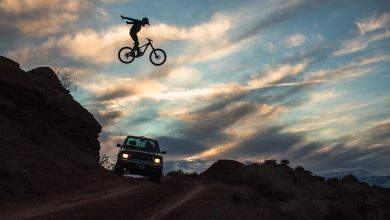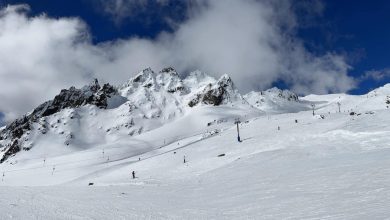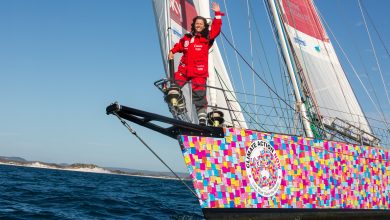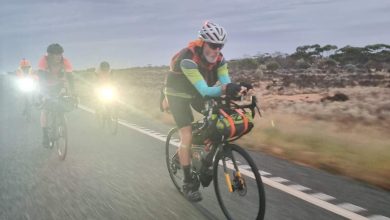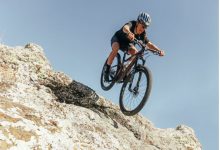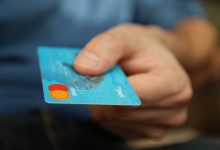
Adventure racing legends Sophie Hart and Nathan Fa’avae are set to embark on an extraordinary journey as they compete in the 2024 Yukon1000, starting from Whitehorse, Canada, on July 12th. Racing as Team Avaya, they will tackle one of the world’s toughest endurance challenges, paddling 1000 miles along the Yukon River to the finish in Alaska.
About the Yukon1000
“The Yukon1000 lives up to its name as a 1000-mile paddling race starting in Whitehorse, Canada, and spanning the Yukon River all the way to Alaska,” explains Fa’avae. “Participants must be self-supported for up to 10 days, carrying all their food, gear, and camping equipment since stopping for resupply is not allowed, despite passing through a few towns along the route. The race accommodates double kayaks and canoes. In 2024, over 6000 teams applied to compete, but only 30 were accepted, making our spot in the race feel incredibly fortunate.”
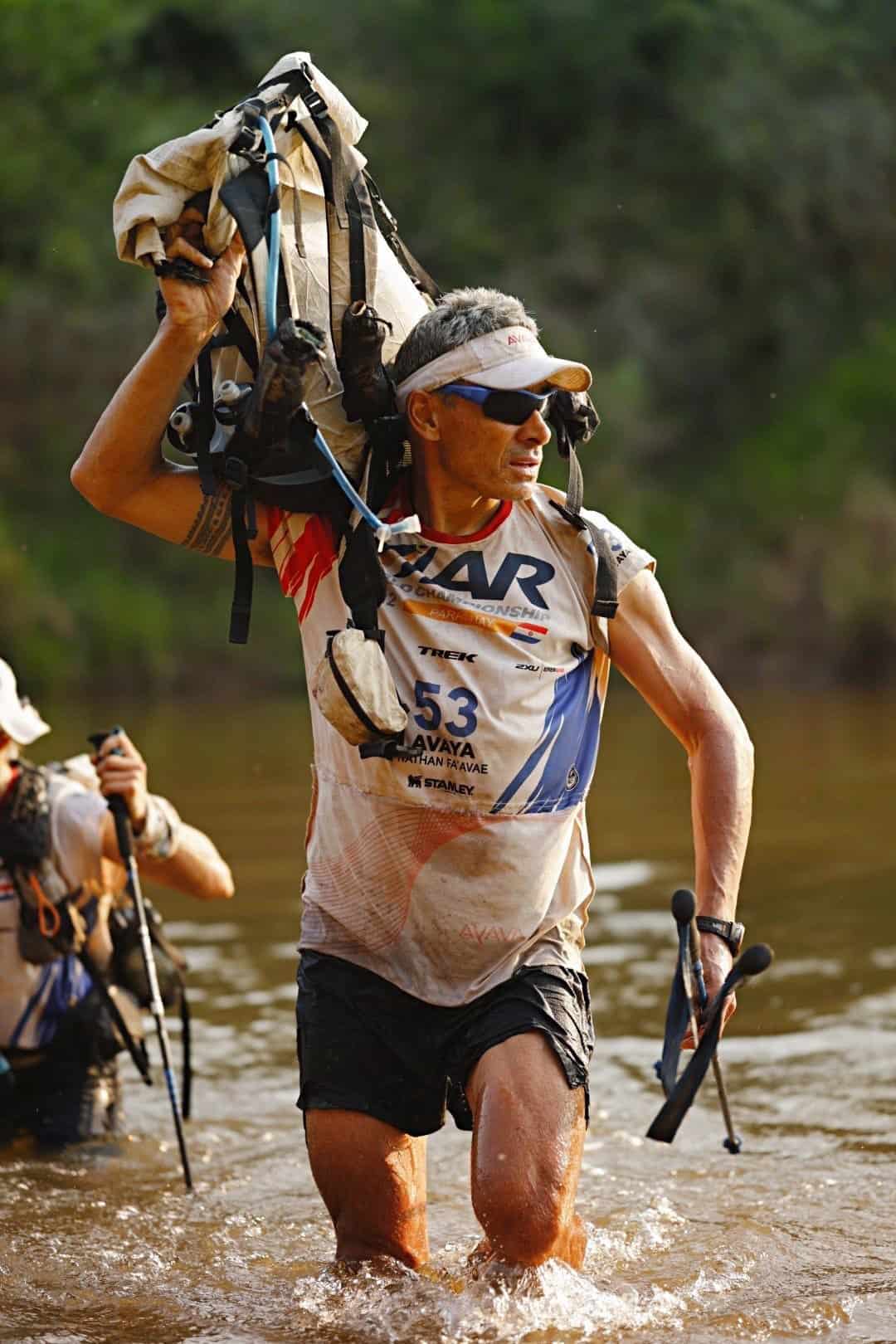
Anticipation and Preparation
“Sophie and I have been racing Adventure Races together for the past 14 years, and the Yukon1000 has always intrigued us,” Fa’avae shares. “We first heard about it a decade ago, but our commitment to Adventure Racing kept us from seriously considering it. Sophie and I paddle together in our Adventure Racing team, whether it’s in kayaks, pack rafts, canoes, or any other craft. Paddling stages have always been our strong suit; we’ve often joked that the perfect adventure race for us would involve only kayaking. After last year’s GODZone, I decided I’d had my fill of Adventure Racing, and most of our team were content to step back to some extent. Personally, I wanted to shake things up and try something different. Driving home from that race in March 2023, Sophie brought up the idea of the Yukon1000. We figured we might as well apply and see what happens. I think the main appeal for us is the journey of the event. It’s meant we’ve both had an incredible summer of paddling and adventures that we might not have otherwise pursued. Committing to a single sport for a stretch has been a rewarding challenge. Now that the race is approaching, the adventure is something to look forward to. Traveling through such remote and untamed wilderness will be an unforgettable experience, one I believe we’ll treasure. As racers, we thrive in this environment, pushing ourselves to achieve our best performance. We anticipate having a lot of fun, and it will be particularly special to see the Yukon River from this perspective. However, we also know it will be very, very tough at times. Mentally preparing for the hardships ahead is crucial.”
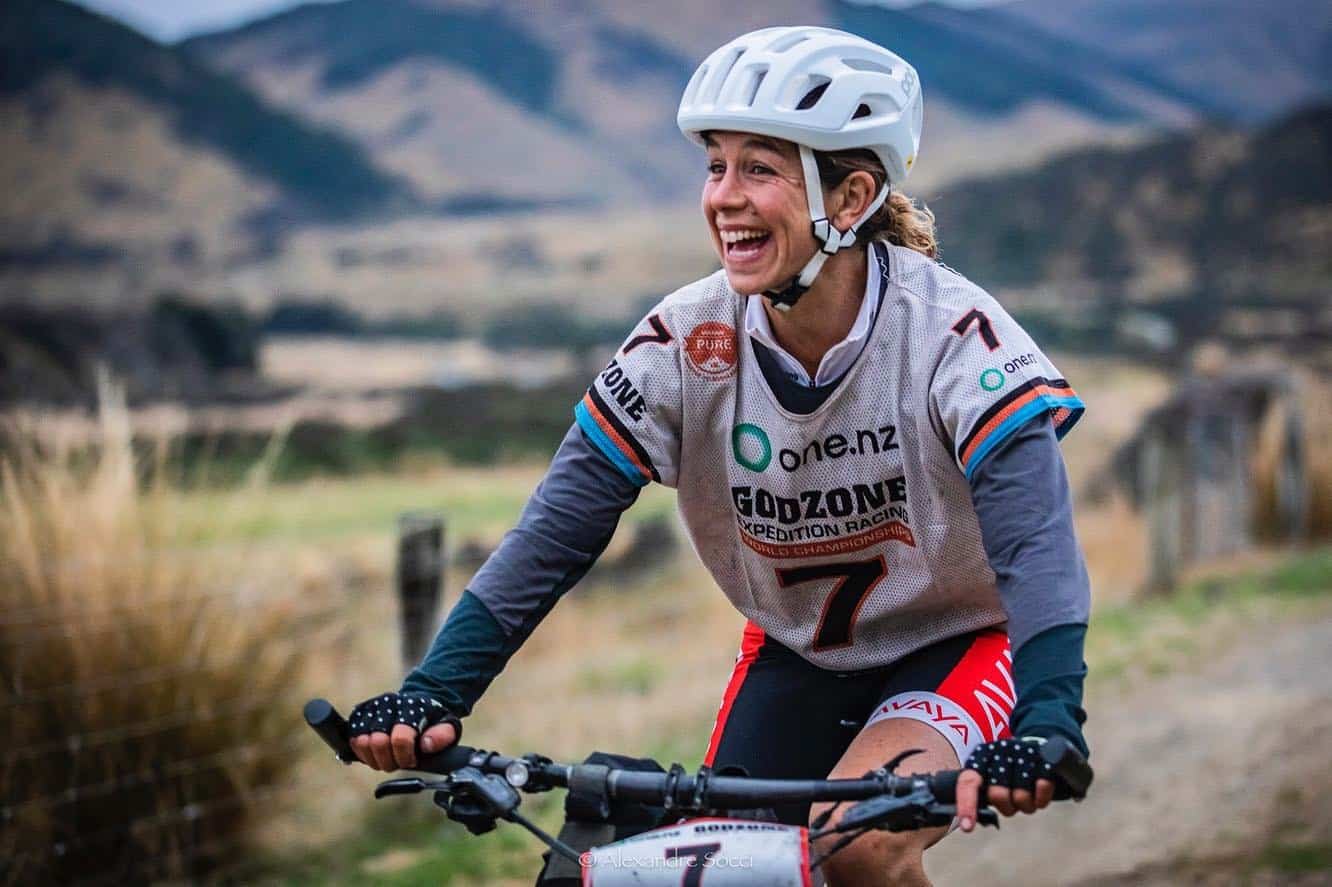
Expected Duration and Challenges
“Typically, the race takes teams 6-10 days, with most years seeing a winning time of about 6 days. In 2022, record river flow conditions led to a race record of 5 days, 11 hours, and 48 minutes. Sophie and I hope to break this record, but we understand it will require a perfect race under ideal conditions — something we won’t know until we’re paddling on the river. Factors like river flow and extreme winds can greatly affect our time, and natural events like forest fires can obscure visibility with smoke. While many variables are beyond our control, our focus remains on achieving our best performance. It’s mandatory for us to be off the river from 10 PM to 4 AM each day, meaning we’re on the river for 18 hours daily. Additionally, there’s a 50 km lake we need to cross on the first day. I believe we can win and even set a new record, so we’re open to that possibility from the starting line.”
“We have some general targets for where we want to be each day, but conditions will play a significant role, so we’ll need to stay adaptable and do our best with whatever we face. On the first day, we have to cross a 50km lake, aiming for about 300km. The second day is likely our biggest, and we could possibly paddle close to 400km. If everything goes as planned, we should reach or be close to the border by the end of day three, having completed over 1000km. If we have a great day on day four, we should be within striking distance of the finish on day five. However, if the river is low, we encounter strong headwinds, big forest fires, or if we don’t paddle as well as hoped, it could turn into a six-day journey or even longer. We’ll see.”
Training and Preparation
“We have primarily trained individually, but our training methods have been quite similar. Both Sophie and I reside on coastal properties – I live in Tasman Bay and she in the Marlborough Sounds – making paddling our most accessible sport since we can launch from our homes. As a result, about 95% of our training has been in surfski. We’ve also managed to join forces for around half a dozen multi-day sea kayaking trips, primarily in the outer Sounds and Cook Strait areas, covering distances of 50-90km per day. Additionally, we’ve prioritised participating in races whenever feasible. Even though the Yukon1000 is an ultra-distance event, our experience in Adventure Racing has taught us the value of maintaining a high top-end speed in such competitions. We’re both active in various outdoor activities, including trail running, tramping, and mountain biking. Personally, since November, I’ve been averaging 100-200km of paddling per week, occasionally pushing into the 200-300km range. This equates to roughly 10-30 hours of paddle training per week, depending on the phase.”
Hart and Fa’avae utilised the National Surfski Ocean Paddling Series as part of their training, with highlights including winning the National Championships, King and Queen of the Harbour, Portage Race, Queen and King of the Bay, South Island Championships, and the Nelson Surfski Summer Series.
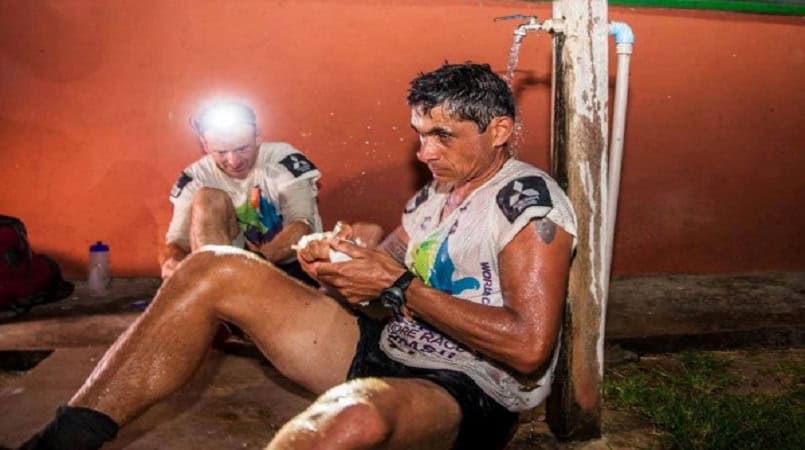
Challenges Ahead
“Our biggest challenge is that neither of us has done this race before. There’s always so much to learn from a first-time experience. We’re approaching it with some uncertainty, but we’re experienced in multi-day racing, so we shouldn’t encounter too many surprises. Sophie and I make an exceptionally strong team, so I’m confident we’ll handle any challenges effectively. As for conditions, the water will be cold, but the summer air should be warm, with almost 24 hours of daylight. The bugs on land, like flies, mosquitoes, and midges, can be intense—I’ve raced in Canada before and they’re on another level. They’ll definitely motivate us to transition quickly from the kayak to the tent. Additionally, there’s a risk of bear encounters, so we need to take sensible precautions. Moose have also been known to cause issues for people in the Yukon in the past. Being in the kayak for 18 hours a day will present new challenges in terms of comfort and managing nutrition and toileting. Navigation could also be tricky since we’re unfamiliar with the river. There are areas where the river valley is 10 km wide with multiple braids and channels. We have maps and GPS, but having some prior knowledge would certainly help with navigation.”

Expected Conditions
“The temperature should be quite pleasant, with daytime highs around 22ºC and overnight lows dropping to about 8ºC. Showers are expected each day, with frequent cloud cover. No major rainfall is anticipated during this time of year. Based on information available, it was a dry winter, resulting in less snow in the mountains to melt. Parts of the Yukon River did not freeze over, suggesting the river’s flow is likely to be lower to normal.”
Comparison to Previous Ultra-Endurance Events
“This event will be quite similar to what we’ve done before, which gives us a lot of confidence. It’s very rare for teams to enter this race with as much multi-day racing experience as we have, so I believe that’s a significant strength of ours. We’re competing mainly with men’s doubles, and I expect there will be teams stronger than us in terms of raw power, but I think our experience and teamwork will give us an advantage. The race spans 1600km of paddling, so our strategy will be geared towards pacing ourselves for that distance. I believe our preparation has been thorough, not just in terms of training, but also in equipment selection and choices.”



